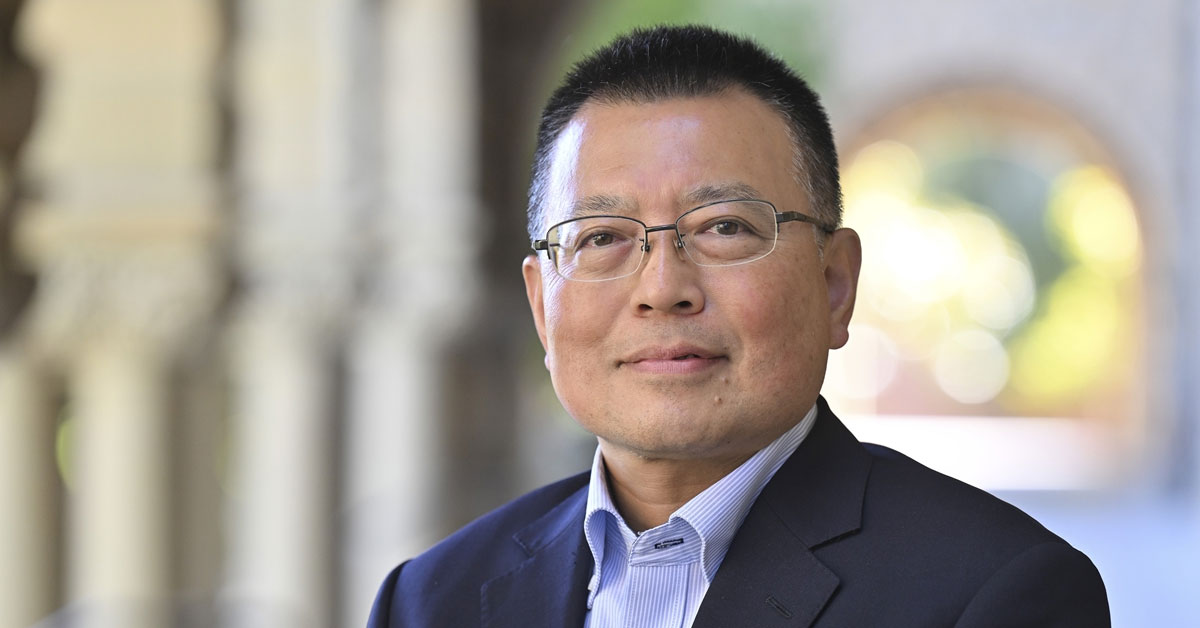As cooperation and political trust improve, China and the Philippines agreed on Tuesday to lift ties to a comprehensive strategic cooperation relations while stressing the need to manage disputes in the South China Sea through “friendly negotiations.”
The decision was announced after visiting Chinese President Xi Jinping’s meeting with Philippine President Rodrigo Duterte on Tuesday in Manila, the Xinhua News Agency reported.
Chinese experts stressed that the visit is a milestone event in the development of bilateral relations and the two countries will pursue greater cooperation under the framework of the China-proposed Belt and Road initiative (BRI) in the coming years.
As friendly neighbors across the sea, China and the Philippines enjoy geographic proximity and a strong bond that links the two peoples and cultures, Xi said, Xinhua reported on Tuesday.
Since Duterte took office, China and the Philippines have reopened the door of friendship and cooperation to each other, bringing real benefits to the two peoples and making important contributions to regional peace, stability and prosperity, Xi noted.
Xi’s visit will largely promote bilateral relations as the visit shows that China values friendly relations with the Philippines, Gu Xiaosong, a research fellow on Southeast Asian studies at the Guangxi Academy of Social Sciences, told the Global Times on Tuesday.
“It is a milestone event in the development of bilateral relations,” Gu remarked.
Glenn Penaranda, commercial counselor of the Philippine Embassy in China, told the Global Times on Tuesday that “Xi’s visit is vital in highlighting the significant relationship between our two countries, particularly in trade and investments. The visit will encourage more and deeper engagements.”
Improved China-Philippines relations will also play an important role in maintaining the stability of the South China Sea, experts noted.
“If China and the Philippines can reach an agreement on the exploration and development of oil and gas resources in the South China Sea, it will be a breakthrough in economic cooperation in the region and will largely promote the safety of the Asia-Pacific,” Gu said.
Growth prospects
The prospects for economic and trade relations between the two countries are very bright as Philippine priorities are aligned with the key directions for industrial capacity cooperation under BRI, in sectors such as infrastructure, construction and building materials, chemicals and manufacturing, Penaranda said.
Gu agrees, saying that bilateral economic and trade ties will be further enhanced to a higher level, and the two countries will pursue more cooperation under the BRI.
As a developing country with more than 100 million people, the Philippines needs to improve its infrastructure and enhance the growth of its industrial enterprises, Gu noted.
“We need to better understand the opportunities for bilateral cooperation through increased engagements by enterprises,” Penaranda said, noting that it is important that the frequent reciprocal visits of officials and business delegations continue.
Experts said China is committed to advancing the development with other countries and the Belt and Road initiative will bring greater growth to other developing countries and promote the economic integration of the Asia-Pacific region.
The two countries have conducted broad cooperation in transportation infrastructure and industrial parks and energy, and China is the Philippines’ largest trading partner.
Trade between China and the Philippines increased 8.5 percent year-on-year to $51.28 billion, according to information released by China’s Ministry of Commerce (MOFCOM) on Thursday.
As of the end of September, China’s investment in the Philippines was $1.25 billion and the Philippines’ investment in the Chinese market reached $3.33 billion, according to the MOFCOM.
Experts said cultural and educational exchanges between the two countries also see a huge potential.
The hospitality toward Chinese people is easily felt among the Philippine public.
The Chinese and Philippine flags were placed along Roxas Boulevard in Manila a week ago. Many Chinese who live and study in Manila waited along the boulevard on Tuesday to welcome Xi.
“We’re so excited that President Xi has come to Manila. We hope the two countries could strengthen cultural exchanges in the future,” Kui Jiangong, a PhD candidate from China who studies at Adamson University in Manila, told the Global Times on Tuesday.
“I have met many locals who like to discuss Chinese culture with me as they want to know more about China,” he said.
(In Association with Global Times, China)






